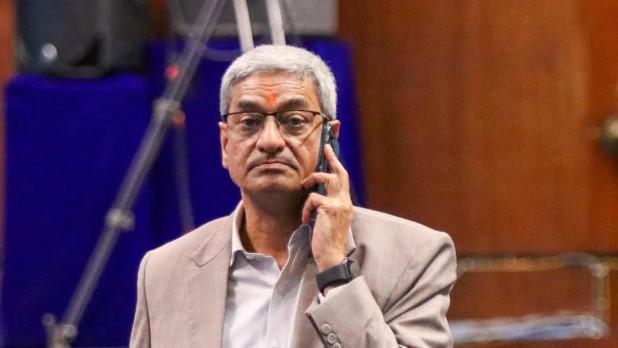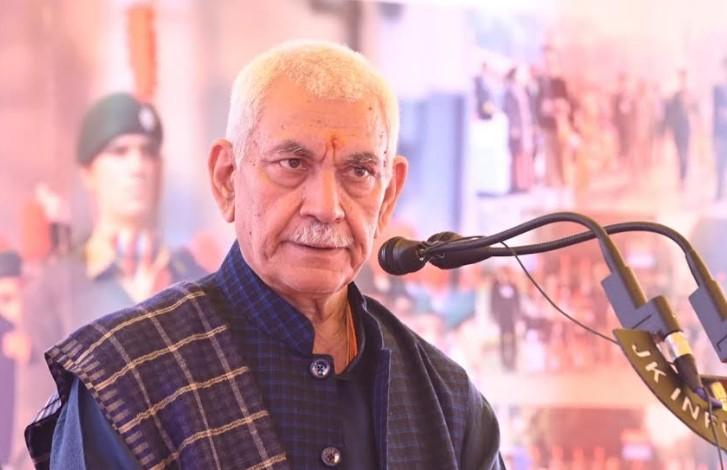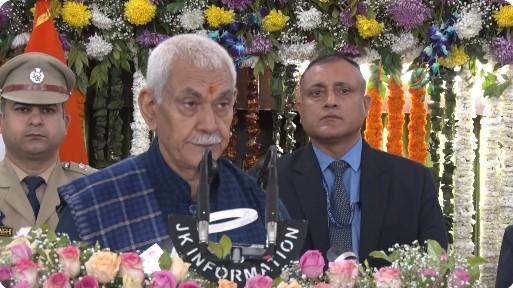Kathmandu: Nepal’s Home Minister Ramesh Lekhak has officially resigned, taking moral responsibility for the deaths of 19 people during Monday’s violent Gen-Z protests. He submitted his resignation to Prime Minister KP Sharma Oli during a cabinet meeting held on Monday evening, according to a senior minister.
The protests, which erupted over government restrictions on social media and governance issues, turned deadly in multiple cities, including Kathmandu.
Earlier in the day, Lekhak had informed Congress party members of his intention to step down, describing the loss of lives as “unimaginable.” Facing mounting public and political criticism over the handling of the protests, he stated that it would be unethical to continue in office amid such a tragedy.
RSP demands PM Oli's resignation and fresh elections
The Rastriya Swatantra Party (RSP) intensified political pressure by demanding the resignation of Prime Minister KP Sharma Oli. In an official statement, RSP General Secretary Kabindra Burlakoti condemned the government's “brutal crackdown” on Gen-Z protesters and called for fresh national elections, claiming the government has lost its moral and political legitimacy.
Gen-Z protests turn deadly: 19 killed, 347 injured
According to the Ministry of Health and Population, 19 protesters have died, including 16 in Kathmandu alone, while 347 are receiving treatment in hospitals across the country. The protests erupted in response to the government’s shutdown of social media platforms and broader frustrations over governance and economic inequality.
Violence spreads nationwide; curfews imposed
Protests have spread across several districts, prompting the imposition of curfews in Butwal, Bhairahawa, and Itahari.
In Damak, protesters hurled stones at PM Oli’s private residence, while East-West Highway was blocked by burning tyres. Police responded with warning shots and, in some cases, live ammunition, leading to further casualties.
Cabinet in crisis: Emergency meeting underway
An urgent cabinet meeting is currently underway at the Prime Minister’s residence in Baluwatar, as the administration scrambles to contain the rapidly deteriorating situation.
Despite curfews and heavy police presence, protesters remain defiant in the streets of Kathmandu and beyond. With casualties rising and political pressure mounting, Nepal stands at a crossroads, facing both a humanitarian crisis and a growing demand for democratic reform.




